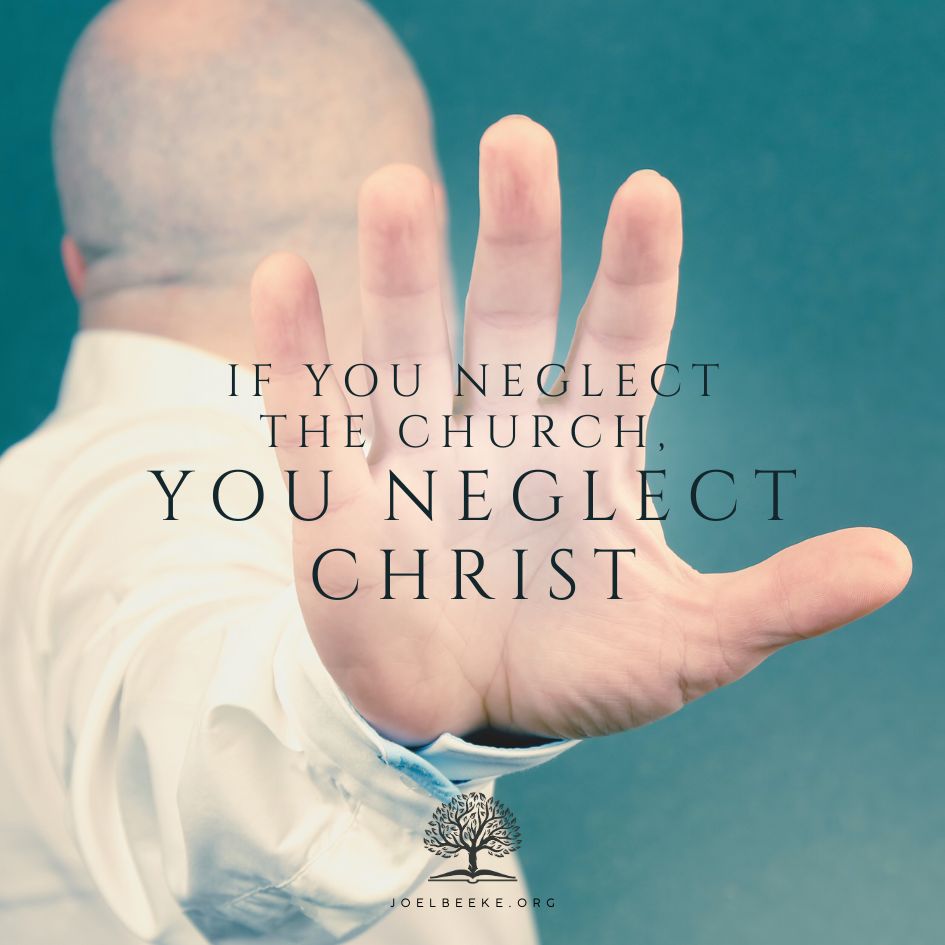
Practical Guidelines for Ministry to Children in the Church
Let us consider next how the church should minister to children in our midst. We will not focus upon Christian parenting so much as the church’s ministry, although that ministry has many implications for Christian parents, since they play a unique role in their children’s lives as their first evangelists, teachers, and guides. I will attempt to be brief rather than comprehensive in these guidelines.
Include the Children
Children should attend public worship with their parents to experience the corporate life of the body of Christ. They should learn how to worship by watching others worship. Don’t discourage mothers from bringing young children into worship (Luke 18:15–16). The prophet Joel included “the children, and those that suck the breasts” in the call to sacred assembly (Joel 2:16). Encourage families to bring their children to worship. You might reserve a section in the back or in the balcony for families with very young children. If they need an early exit, this can be done without distracting or disturbing other worshippers.
The Scriptures teach us to view the assemblies of the church as gatherings of the household of faith. God’s children are called to be brothers to each other. When Moses commanded that the law be read publicly every seven years, he said, “Gather the people together, men, and women, and children, and thy stranger that is within thy gates, that they may hear, and that they may learn, and fear the Lord your God, and observe to do all the words of this law” (Deut. 31:12). When the Israelites celebrated the feasts of the Lord, the law required them to come to the sanctuary as “households,” including sons and daughters and even servants (Deut. 12:7, 12).[Cf. Josh. 8:35; 2 Chron. 20:13; Joel 2:16.]
Children were also present in the synagogues where Christ taught (Matt. 18:2; 19:13–15). Paul assumed that children would be present when his letters were read in the churches, and he even addressed the children directly (Eph. 6:1–3; Col. 3:20). Jeremy Walker writes, “The constant presumption of Scripture is the children were present in the worship of the people of God.” [Jeremy Walker, “Attendance of Children in Public Worship Services,” Banner of Truth (http://www.banneroftruth.org/pages/articles/article_detail.php?142), accessed February 15, 2011.] Don’t separate children, teenagers, and adults into different worship compartments; bring them together as members of one family, and encourage them to sit together as families so that parents can make good use of the situation to train their children in godliness.
Including the children will influence how ministers of the Word prepare for public worship. When you offer public prayer in the worship service, include the children. Pray specifically for children and young people. Intercede for God to grant them Spirit-worked submission to their parents, regeneration, faith, repentance, and spiritual growth. If a child is sick, pray for him by name. Encourage them to sing by making frequent use of songs the children already know and love—and encourage parents, in teaching the children at home, to give priority to the songs used in the worship of the church.
In preaching, labor to speak with plainness and simplicity, but also with color and vitality, in the way of a good storyteller, to interest even your youngest hearers in the sermon. If it is necessary to speak “over their heads,” stop and address the children directly, giving them explanations or applications at the level of their own understanding.Nothing is more off-putting than to have a preacher tag a statement with “boys and girls,” and then, go on to say things that no boy or girl could understand or care about. Likewise, with regard to the length of the service, think of the children, and take care not to prolong sermons or prayers to the point that they cease to edify and only become a trial to be endured.
Puritan Reformed Journal
PRJ 4, 2 (2012): 201–216
By Joel Beeke







